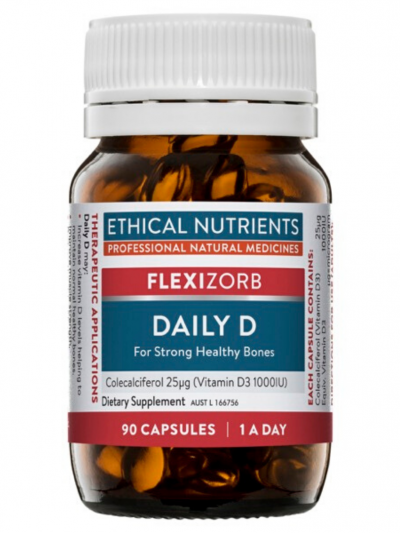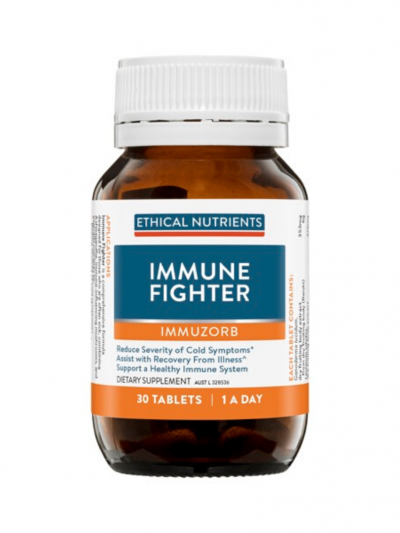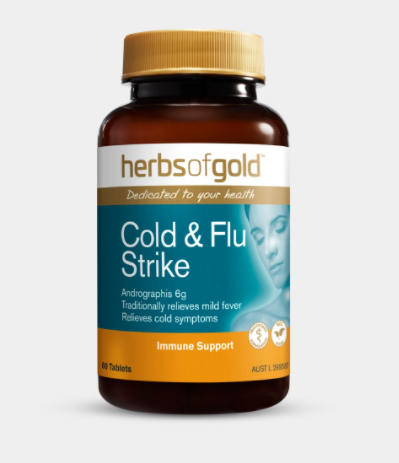Mental Health, Pregnancy
Why Vitamin D is more important than you think
“You are my sunshine- my only sunshine. You make me happy, when skies are grey.” by songwriter Charles Mitchell
Who would have thought the words of a song could actually contain a message on how to stay healthy during the winter months.
In summer it’s relatively easy to get our share of the Vitamin D. At that time our focus needs to be in reducing UVB exposure and damage caused by UVA rays.
Whilst studies report that only 6% of us are deficient in sunshine vitamin during the summer months, up to 39% can have sub-optimal levels over the winter months. Luckily, Vitamin D is a fat-soluble vitamin that can be stored for just such a rainy day, but more on that later.
So why is Vitamin D so important to us?
Technically, it is not a vitamin and is considered more of a hormone given it uses the same building block (cholesterol) as part of its core structure. We can and do produce minute amounts. In fact, it’s not just one chemical but a group of chemicals, many of which are inactive and must be processed by the body to provide its benefits.
So, essentially it is a fat-soluble nutrient, with the maintenance of strong and healthy bones being its best-known function, through the regulation of calcium levels in the body.
It is also important for a healthy immune system and it can help moderate our inflammatory responses to infections. The interest in Vitamin D and the role it plays in other body systems as we discover even more of its influence on our health.
But let’s look into the winter blues.
The role of sunshine vitamin in depression has also received increasing research focus. There are 3 reasons the research is focused on finding whether there is a causal link between this vitamin deficiency and depression.

They are:
- Vitamin D receptors have been found to be region specific in the body. Parts of the brain known to be associated with mood, show much higher numbers of receptors.
- Depression is being increasingly linked to levels of inflammation in the body and we are only just beginning to understand this through our focus on gut health. Vitamin D also has anti-inflammatory properties through its modulating effects on our immune system.
- This anti-inflammatory effect is also stimulating discussion about Vitamin D’s neuroprotective role.
Many studies have shown a link between vitamin D deficiency and depression. Researchers behind a 2013 meta-analysis (that’s a bunch of studies thrown together and tested for similarities) noticed that study participants with depression also had low levels of it. The same analysis found that, statistically, people with low vitamin D were at a much greater risk of depression.
The researchers believe that because it is important to brain function, insufficient nutrient levels may play a role in depression and other mental illnesses. Whilst no recommendations regarding supplements have yet been made, we can all ensure we have at least adequate levels of this vitally important nutrient.
Sub-optimal vs Deficiency of Sunshine Vitamin
You might be surprised to know that sunshine vitamin deficiency is common in Australia. It is estimated that over 30% of adults have a mild, moderate or even severe deficiency. There is also a difference between clinical deficiency as defined by the text books, and having sub-optimal levels.
Severe lack of Vitamin D causes rickets, which shows up in children as incorrect growth patterns, weakness in muscles, pain in bones and deformities in joints. So, who might be deficient? You could be at risk if you are:
You may be at risk of vitamin D deficiency if you are:
- Elderly and housebound or in residential care through not being exposed to UVB light
- Ageing skin. As our skin ages it begins to lose its ability to convert the chemical in our skin to Vitamin D efficiently.
- Naturally dark skinned (darker skin reduces the penetration of UV light)
- Avoiding the sun for skin protection
- Covering your body for cultural or religious reasons
- Affected by other medical conditions that can impact on your ability to absorb / process vitamin D such as liver or kidney dysfunction.
- Babies of vitamin D deficient mothers
Lack of sunshine vitamin is not quite as obvious in adults. Most adults who are deficient or at the lower end of normal will experience symptoms that might include:
- Fatigue or drowsiness.
- Aching bones
- Muscle weakness, muscle aches, or muscle cramps.
- Pain in the joints.
- Mood changes, like depression

Getting the right amount
Until 1997, the recommended dietary allowance (RDA) for vitamin D was 200 IU for all adults. Faced with growing evidence of deficiencies the RDA for 51- to 70-year-olds was increased to 400 IU daily, and to 600 IU daily for people older than 70. However, this is not sufficient to treat a deficiency.
You can make your sunshine vitamin the old-fashioned way. The natural type is produced in the skin from a form of cholesterol, 7-dehydrocholesterol present in the skin. Sunlight is the key. Its ultraviolet B (UVB) energy converts the precursor to inactive forms of vitamin D which must then be processed through the liver and then the kidneys to produce active vitamin D3.
But, haven’t we been told NOT to go out into the sun?
The good news is that it doesn’t take too much exposure to start this magical process of producing Vitamin D. So how much is enough? As you’d expect it, there are a number of variables and all of these need to be taken into account.
It depends on:
- The season- winter vs summer- longer exposure times are required in winter
- The time of day- we recommend to avoid 10-3pm when UV rays are highest.
- How much of the body is exposed? Full arms and half legs are the recommended amount of skin exposure. Keep the face covered or use sunscreen. A little difficult in winter.
- The color of a person’s skin- the darker the skin, the more melanin and the more exposure required.
- Whether a person is wearing sunscreen- Sunscreens block the UVB (or vitamin D activating) effect on the skin.
Recommended sun exposure based on location

Image Source – https://www.osteoporosis.org.au/vitamin-d
Diet can help, but it’s very hard to reach the recommended levels with food alone. Fish and shellfish provide natural source (oily fish are best), but you’ll have to eat about 100g of salmon, or nearly two cans of tuna to get just 400 IU. An egg yolk will provide about 20 IU, but since it also contains nearly a day’s quota of cholesterol, you can’t very well use eggs to fill your tank with Vitamin D. And although cod liver oil is rich in vitamin D, it has too much vitamin A for regular use.
Is more better?…. Not always.
Many authorities are recommending 800 or even 1,000 IU a day given the growing evidence of the benefits of this vitamin. Remember, though, that you can get too much of a good thing.
Like the other fat-soluble vitamins, it is stored in the body’s fat tissue. Excessive doses of Vitamin D can build up to toxic levels. Doses up to 2,000 IU a day are considered safe but we would recommend doing this under supervision of a healthcare professional.
Your take home messages
Our goal is to help you live your healthiest life, and so we definitely DON’T recommend just adding a high dose Vitamin D supplement to your daily intake. Firstly, we’d rather you just increase your intake a little more through choosing healthy foods or maybe whilst the sun is not so damaging get out and enjoy the sunshine a little more during the winter months. The bonus will be an uptick on your mental health as well as your sunshine vitamin levels.
If you feel that you are experiencing symptoms of a deficiency, please come in and talk to us or arrange a consultation with our nutritionist to assess your personal risk of deficiency depending on your baseline health, food intake and other conditions.
The shortest day of the year, the Winter Solstice has just passed us by and we all know what that means.
We are slowly, but surely making the journey back to those glorious days and the summer vibe we all love. Bring on the sunshine.
You can listen to our podcast on Vitamin D for more information.
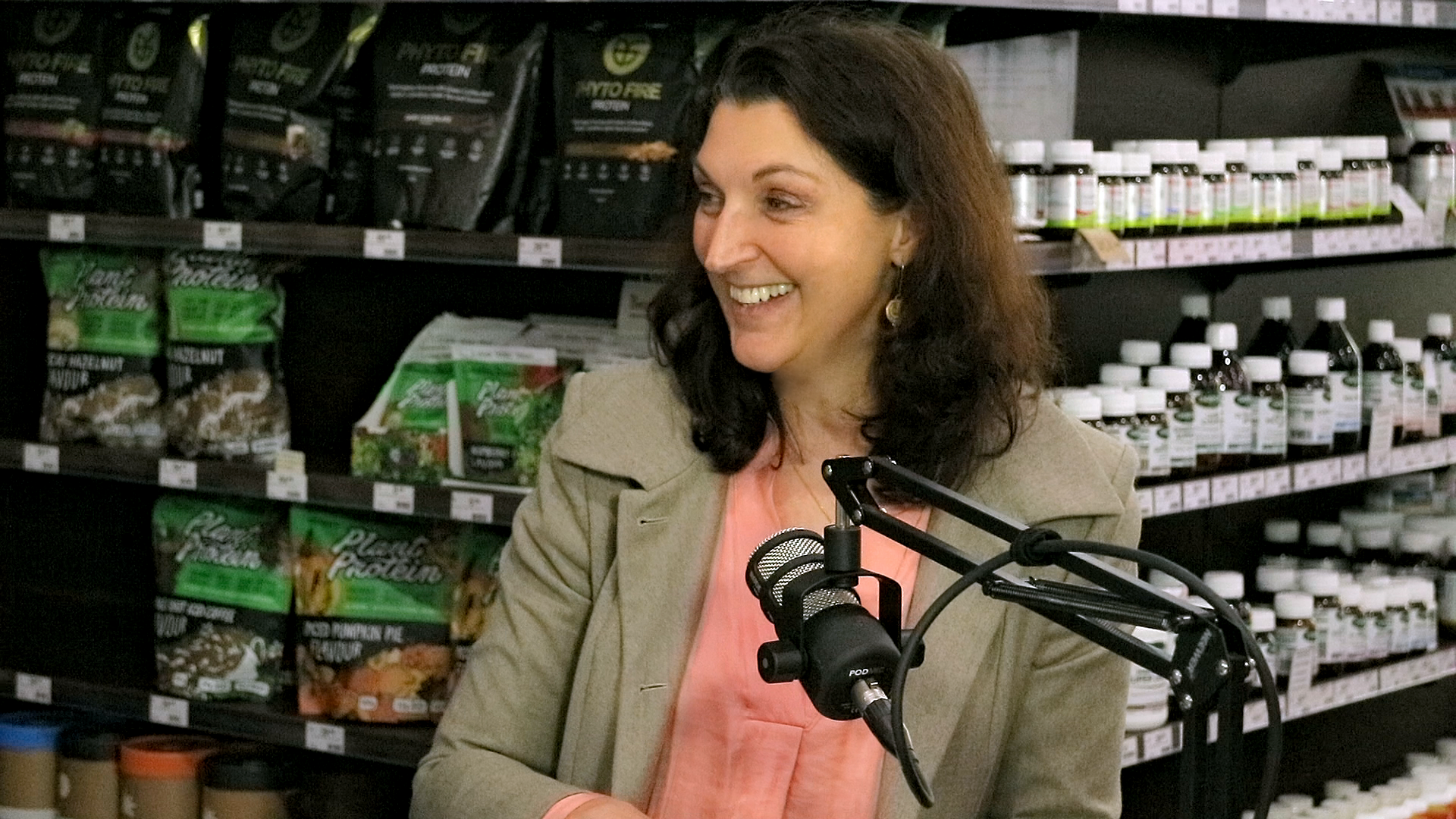
Linda Keane
Nourish Founder & Pharmacist
This blog post was written by Linda Keane, Pharmacist & Founder of Nourish Health



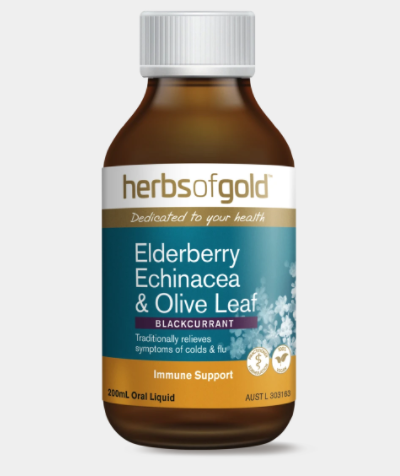 Herbs of Gold Elderberry, Echinacea & Olive Leaf 100ml
Herbs of Gold Elderberry, Echinacea & Olive Leaf 100ml 

